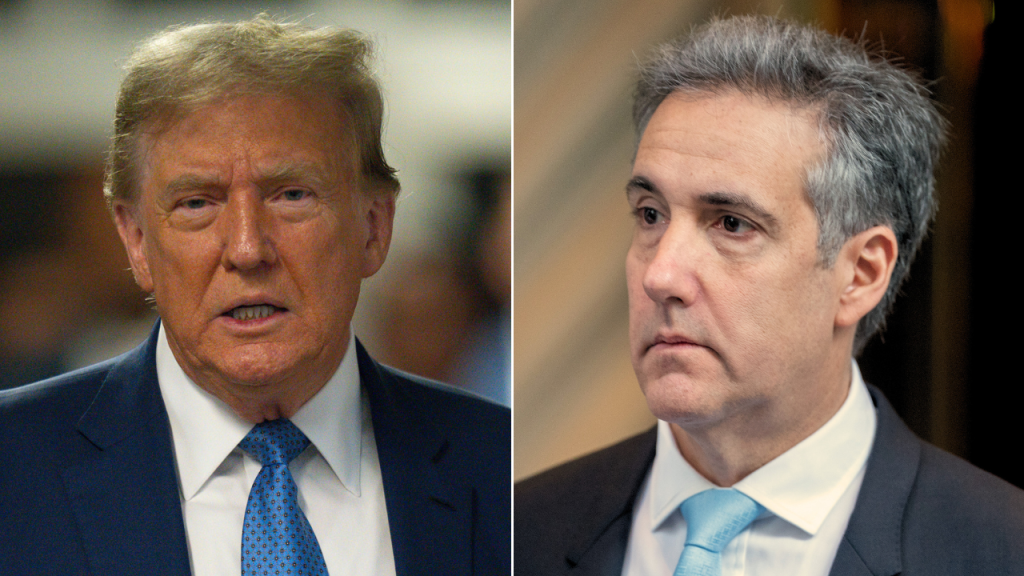Manhattan District Attorney Alvin Bragg charged former President Trump with 34 counts of falsifying business records in relation to a payment made to Stormy Daniels in the lead-up to the 2016 election. After the prosecution rested its case, Trump defense attorneys called for the immediate dismissal of the charges, arguing that there is no evidence to support the claim of false business filings. The defense stated that there was no criminal intent behind the transactions and that Trump did not intend to mislead or hide any records. They pointed to the lack of evidence of any intent to defraud in the case.
The defense also highlighted the “catch and kill” strategy used in an attempt to prevent a false story about Trump from being published, questioning the legality of such actions. They argued that keeping false information from voters should not be considered a criminal offense. Trump’s attorney Todd Blanche suggested that Michael Cohen’s testimony should not be taken into consideration by the jury due to his history of lying under oath. However, the prosecution argued that under the New York state falsifying business records statute, anyone causing the falsified records can be held accountable, regardless of intent.
During the trial, Cohen admitted to stealing $30,000 from the Trump Organization as a form of self-help after his bonus was reduced. He testified that he was instructed by Trump to handle the payment to Stormy Daniels and subsequently used a home equity line of credit to make the $130,000 payment. Despite his efforts to conceal the transaction from his wife, Cohen was reimbursed $420,000 by Trump, with the details of the reimbursement known to Trump and his CFO Allen Weisselberg. The prosecution presented evidence of 11 checks totaling $420,000 that were received and deposited by Cohen, contradicting the defense’s claims of innocence.
Trump’s defense attorneys called two witnesses to testify in his defense, including paralegal Daniel Sitko and former legal adviser to Michael Cohen, Robert Costello. Sitko testified about conversations between Cohen and Costello regarding Trump’s knowledge of the payment to Stormy Daniels. Costello, on the other hand, suggested that Cohen had repeatedly denied Trump’s involvement in the payments. However, Costello’s testimony was met with objections from the prosecution, leading to clashes with Judge Juan Merchan over proper courtroom decorum. The defense indicated that they would not call any additional witnesses, signaling that Trump himself would not take the stand in his own defense.
Closing arguments in the case are scheduled for the following week, with Judge Merchan expected to rule on the motion to dismiss the charges. The defense has maintained Trump’s innocence throughout the trial, arguing that there is no evidence of criminal intent behind the alleged falsification of business records. The prosecution, on the other hand, has presented evidence to support their case against the former president, including testimony from key witnesses like Michael Cohen. The outcome of the trial will ultimately hinge on the judge’s ruling and the jury’s interpretation of the evidence presented.


